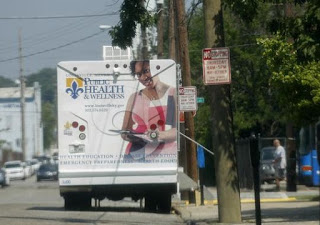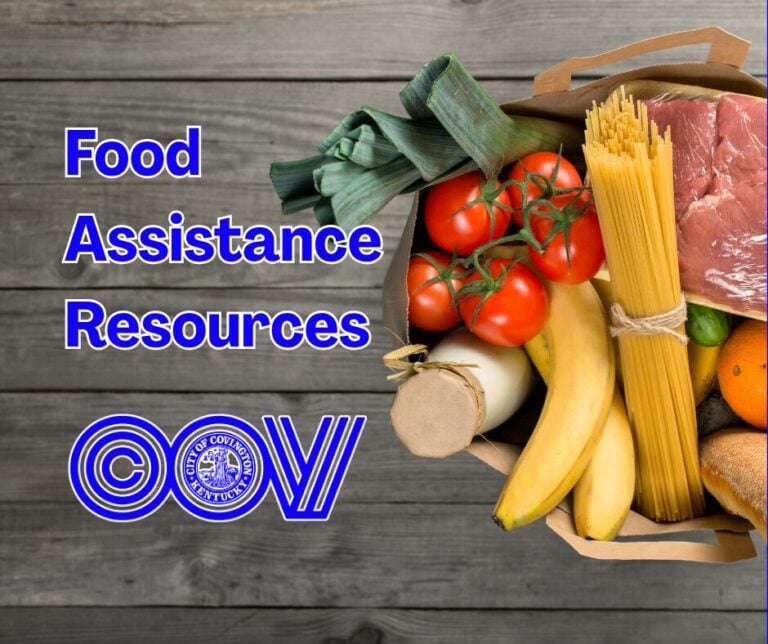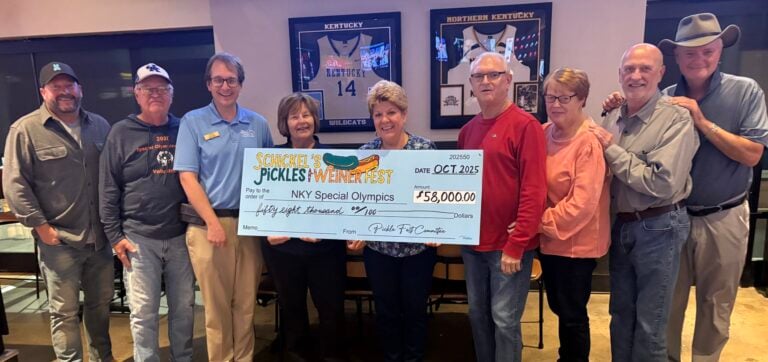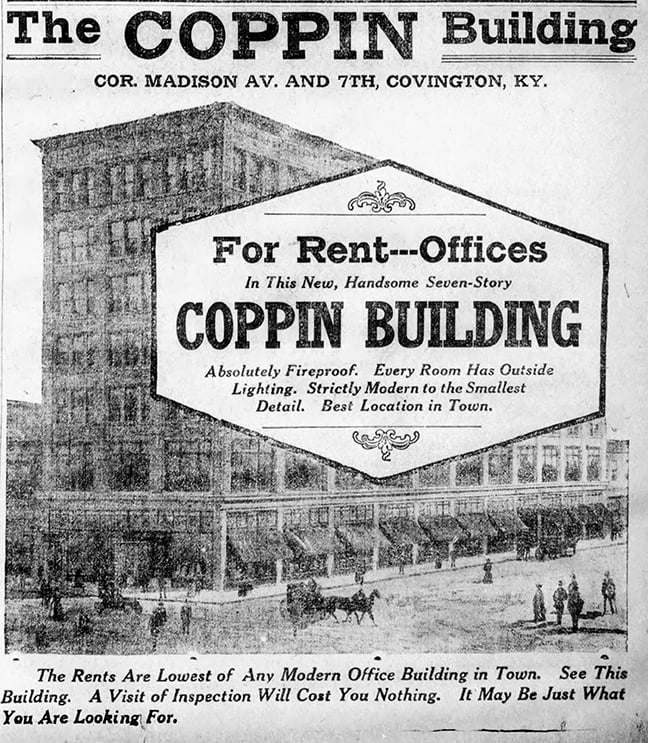From Kentucky Health News
Louisville Metro Public Health and Wellness opened its mobile needle-exchange program, making Louisville the first place in Kentucky to implement such a program.
Lexington and Northern Kentucky are expected to follow soon, but officials say that establishing needle exchanges in much of Kentucky will be “more politically complex,” Mike Wynn reports for The Courier-Journal.

“We’re going to see some parts of our state where this is available and others where it is not,” Scott Lockard, president of the Kentucky Health Departments Association, told Wynn. “Rural areas are opting for a slow and deliberate approach, heavy on education and dialogue,” he said, and some communities won’t even consider a exchange because of “seemingly endless hoops to jump through.”
Bullitt County, south of Louisville, is a prime example. There, officials told Wynn that they plan to do a needs assessment and host a community forum with input from law enforcement and mental health experts.
“It’s a work in progress,” Public Health Director Andrea Renfrow told Wynn. “We are not able to go as quickly as Louisville Metro.”
The federal Centers for Disease Control and Prevention recently reported that new cases of hepatitis C more than tripled in Kentucky, Tennessee, Virginia and West Virginia between 2006 and 2012, mainly from the use of dirty needles. Officials fear an outbreak of HIV and AIDS will follow.
To read more on the NKyTribune about Hepatitis C, see Hepatitis C cases among young people in Central Appalachia up 364% from 2006-2012.
Kentucky Health News is an independent news service of the Institute for Rural Journalism and Community Issues, based in the School of Journalism and Telecommunications at the University of Kentucky, with support from the Foundation for a Healthy Kentucky.





















